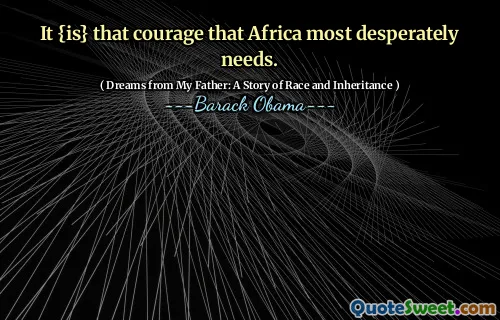
Oh, measure it all out! Acceptable levels of misery and suffering! The cane swung down, thumped hard on the ground. Acceptable? Who the fuck says any level is acceptable? What sort of mind thinks that? Karsa grinned, Why, a civilized one. Indeed! Shadowthrone turned to Cotillion. And you doubted this one!
This quote starkly confronts the normalization of suffering and the moral blindness that can accompany civility. The speaker challenges the notion that misery can be quantified and deemed acceptable, suggesting that such an attitude reveals a disturbing moral decay. The act of the cane striking the ground emphasizes the gravity of this critique, symbolizing a harsh rejection of apathy towards pain inflicted upon others. Karsa's witty response underscores the absurdity of justifying suffering as part of a civilized society, highlighting how some may rationalize brutality with notions of decorum or tradition. Shadowthrone’s remark about doubting Karsa’s morality adds a layer of intrigue, implying that beneath their words lies complex perspectives on morality and power. The exchange prompts reflection on the ways societies, cultures, or individuals justify harm—sometimes as necessary, sometimes as accepted, often without questioning the moral implications. It challenges us to consider whether civility genuinely equates to morality, or if it masks complacency towards suffering. The quote resonates on a philosophical level, urging vigilance in recognizing and questioning the often unchallenged norms that permit or even endorse harmful practices. It’s a reminder that morality shouldn’t be measured by societal standards alone but by a heartfelt rejection of unnecessary pain. In the broader context of human history, such dialogues serve as powerful critiques of the tendency to tolerate or rationalize suffering, encouraging a more compassionate and critically aware approach to ethical decision-making.










